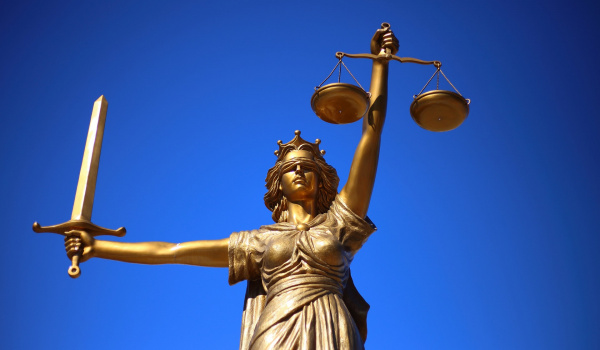Background
The fight against climate change will require the involvement of all three ‘pillars of power’: the legislative, in designing adequate and effective laws; the executive, in designing and implementing adequate and effective laws and policies; and the judiciary, in reviewing laws and policies, solving disputes, providing authoritative guidance on the interpretation of laws and clarifying rights and responsibilities. In the face of the apparent reluctance of the first two to take leadership roles in some countries, courts and judges can play decisive roles in holding governments and actors accountable for effectively addressing climate change.

